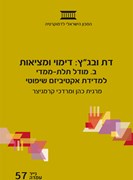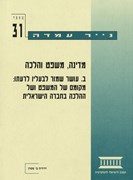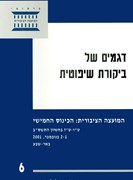

Publications Regarding judicial activism
Articles

Explainer: Appointment of the President of the Supreme Court
Written By: Dr. Guy Lurie
How is the Chief Justice in Israel selected, what is the principle of seniority and how does this compare internationally? Dr. Guy Lurie explains the roles and responsibilities of the Chief Justice, an issue that is currently at the heart of a dispute between the Minister of Justice and the Courts.
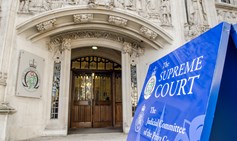
Appointment of Judges to High Courts in Democratic Countries: A Comparative Study
Written By: Prof. Amichai Cohen, Dr. Guy Lurie
The research examined 42 countries included all the OECD member states along with other leading democratic countries.
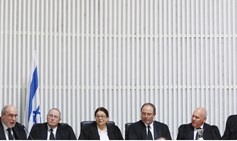
Terms of Office of Supreme Court Justices
Written By: Dr. Guy Lurie
In Israel, judges sit on the bench until they reach the age of 70, while advocates for changing the current method of their appointment often support the idea of limiting Supreme Court judges’ tenure.

On Democracy and the War against the High Court
Written By: Prof. Amichai Cohen
Elections are an attempt, not always successful, to translate the voters’ wishes into a well-functioning and representative government - however no democracy anywhere in the world makes do with elections to a single institution as the only means for implementing democracy
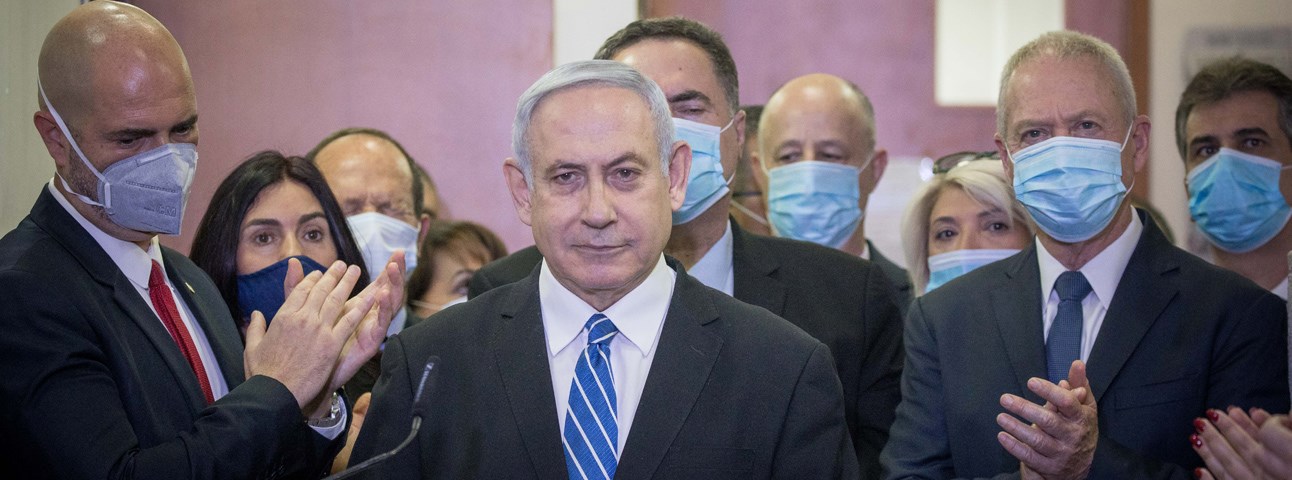
On the Street or in the Courtroom?
Written By: Prof. Yedidia Z. Stern
The Prime Minister’s supporters are trying to entrench a perception among the public that he is facing a political – rather than a criminal – trial.
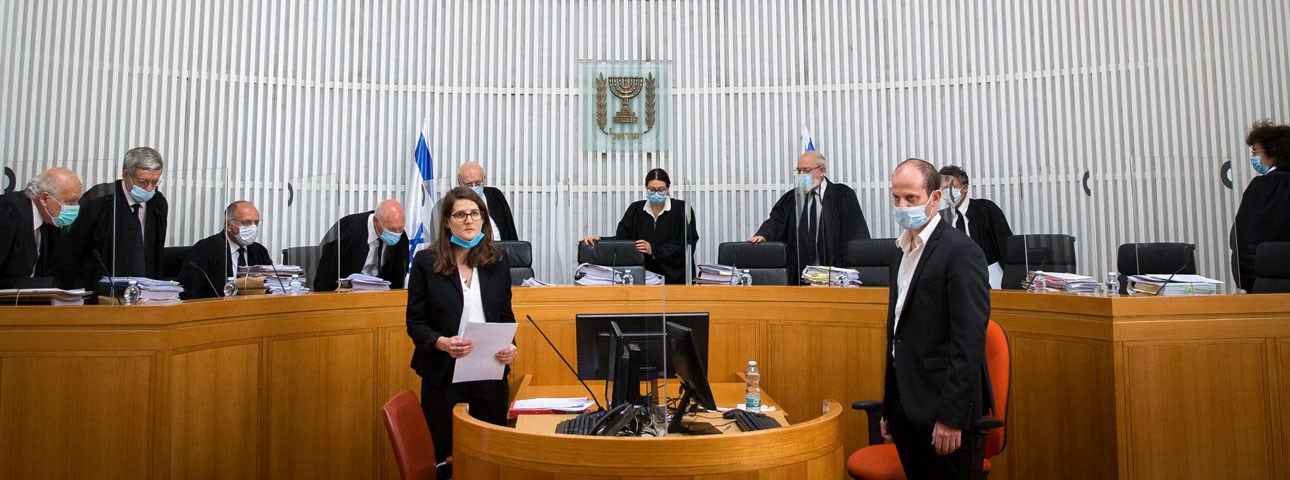
Sanity Prevails: 11 to 0
Written By: Prof. Yedidia Z. Stern
Israel's High Court handed down a unanimous decision - and the public saw for themselves that there was no devious plot to undermine the separation of powers.
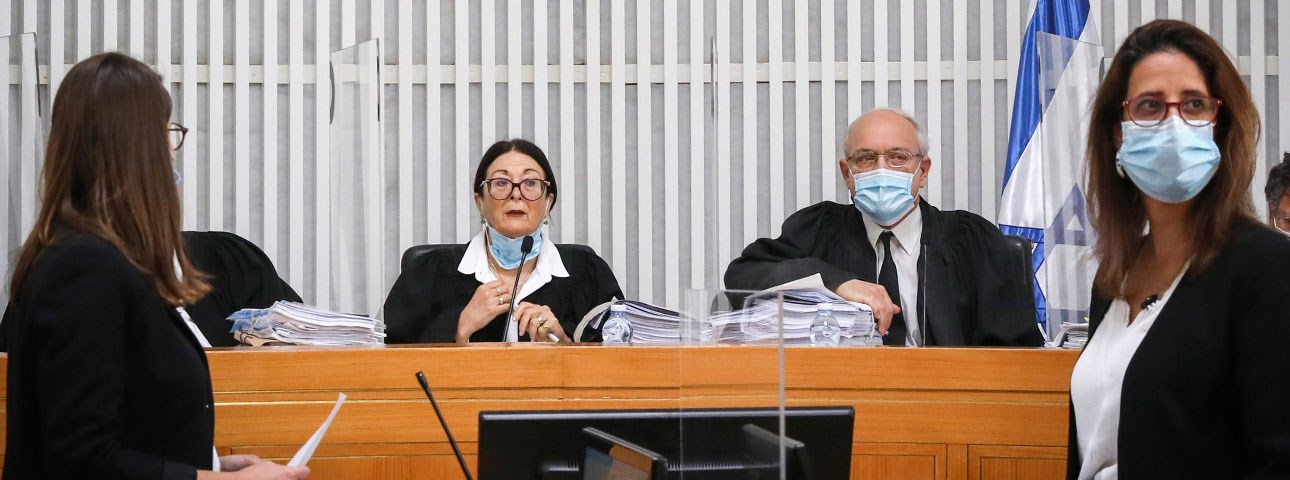
Moment of Truth for Judicial Restraint
Written By: Prof. Yedidia Z. Stern
Many Israelis attribute a left-wing bias to the Supreme Court and accuse it of extreme activism, but the hearings that were broadcast live highlight the vast gulf between the Court's image and the reality
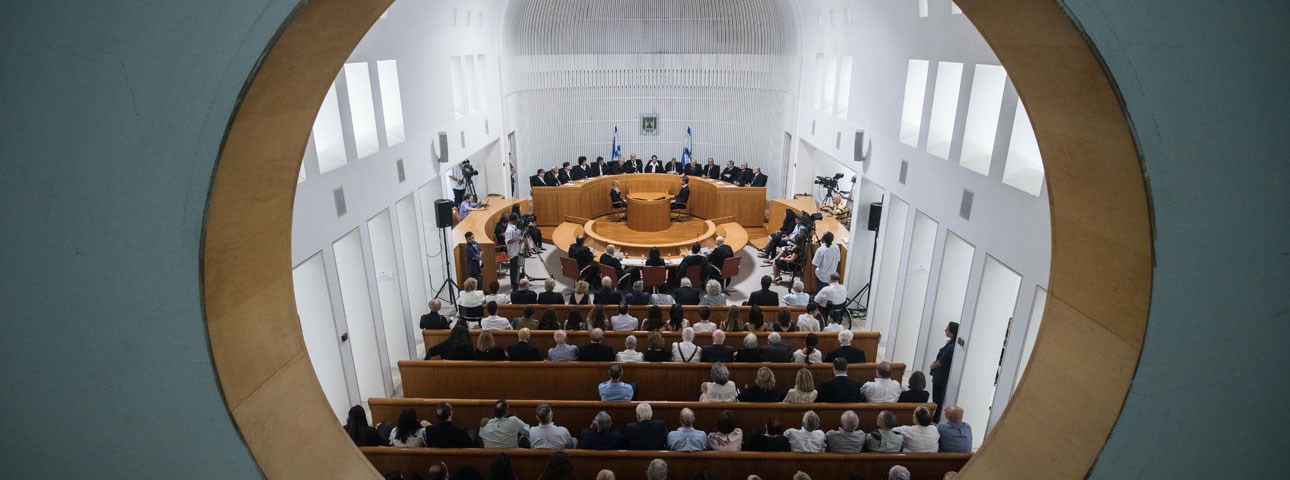
Assault on Israel's Judicial System: The Angel of History is Watching Us
Written By: Prof. Yedidia Z. Stern
Justice Minister Amir Ohana,has launched a fierce attack against the State Attorney’s Office. The Prime Minister who appointed him would be wise to remember that the angel of history is peeking over his shoulder.
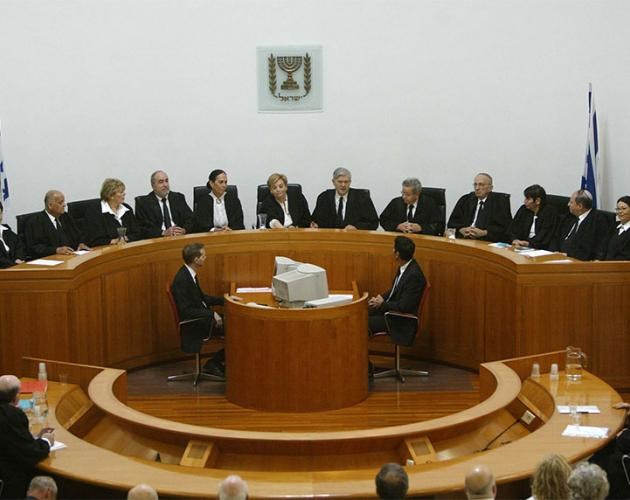
The Knesset and the Court: Is This Israel’s Override Election?
Written By: Yohanan Plesner
"This election will be less about which candidate ends up as prime minister, but rather the real possibility of radical judicial reforms that might soon pass in the Knesset and which would limit the Supreme Court’s ability to perform crucial oversight over the political system."
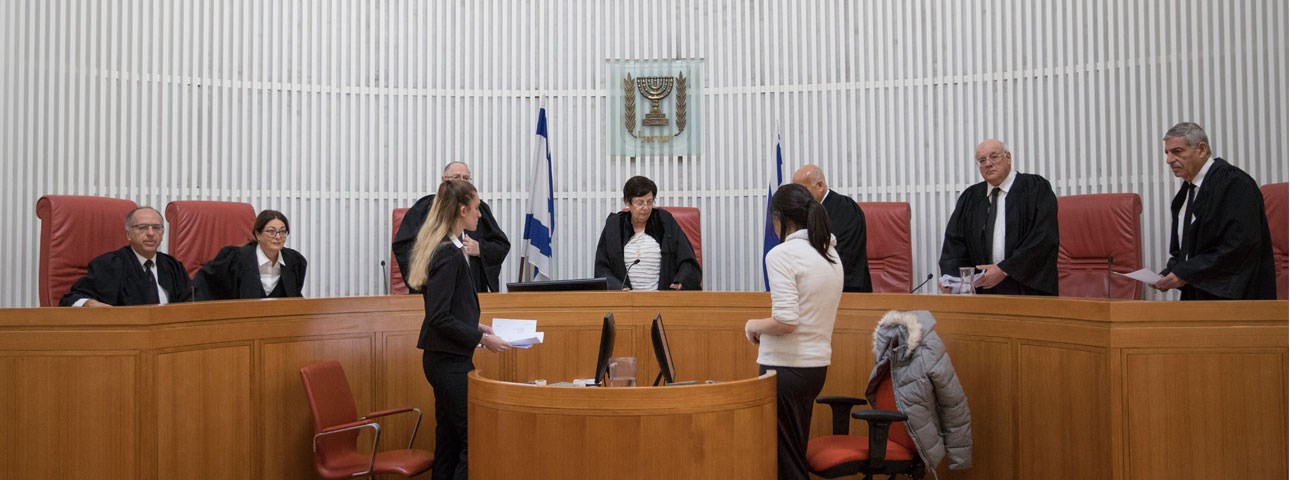
Whatever Happened to the Override Clause?
Written By: Prof. Yuval Shany
It turns out that voters actually want robust judicial oversight - which explains why the Override Clause and placing limitations on judicial review have not been prominant in the election campaign
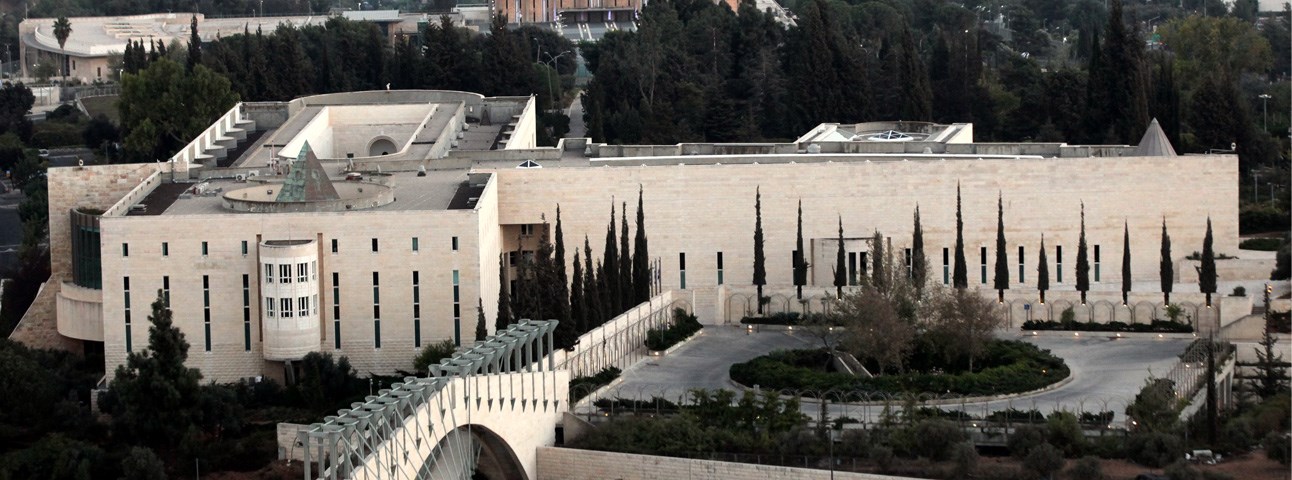
The Supreme Court Doesn't "Tie Hands"
Written By: Dr. Amir Fuchs
On claims that the High Court ties the security establishment's hands, Dr. Amir Fuchs says "the truth is that when authoritative figures from the defense establishment appear before the court to support some important security requirement, the court almost always adopts their argument".

Attempts to Curtail the Supreme Court
Written By: Yohanan Plesner
The Israel Democracy Institute offers a look inside efforts to reduce politicization of Israel's Supreme Court.

No Female Pilots in IDF? – Get Over it!
New IDI Campaign to Warn Against Attempts to Decimate Supreme Court and Grant Unlimited Power to Politicians
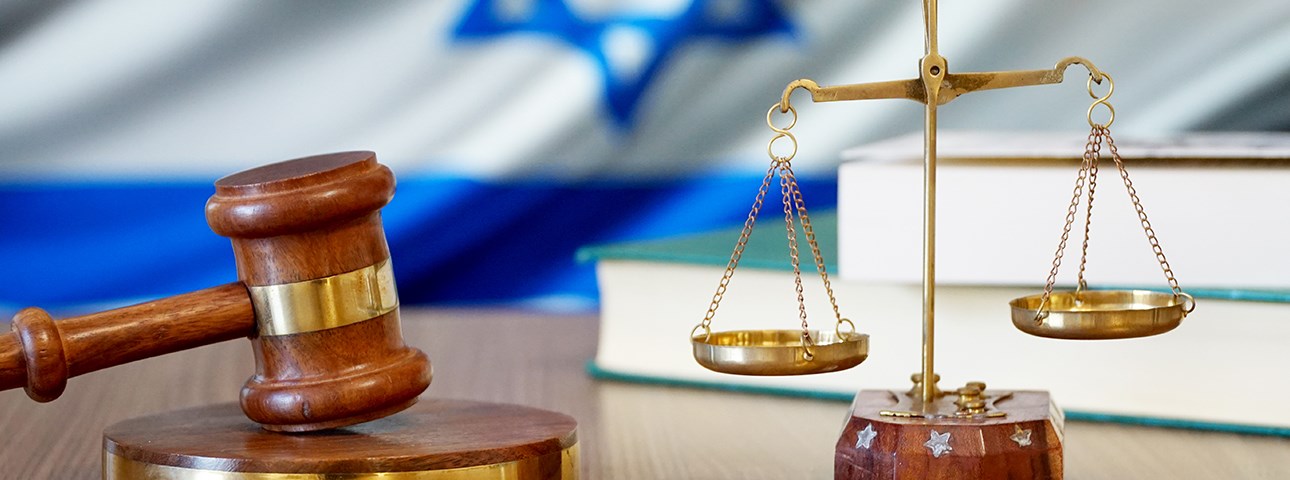
Judicial Review Under Review
Written By: Dr. Amir Fuchs
Israel’s judiciary is under assault, according to some, or experiencing a necessary corrective to rampant judicial activism, according to others. Dr. Amir Fuchs, legal expert and the head of the Defending Democratic Values project at the Israel Democracy Institute, walks through the Knesset’s attempt to change the judiciary and the balance of powers in Israel, what’s behind it, and what it means for the country.

Supreme Court Decision of Combatants for Peace v. Minister of Defense
Written By: Dr. Idit Shafran Gittleman, Tamar Hostovsky Brandes
A controversial decision delivered by the Supreme Court on May 2 could be an important test case for its ability to withstand political attacks, which call to curb the court’s authority and power

The Return of the Override Clause? A Dangerous and Unnecessary Step
Written By: Prof. Yuval Shany
Laws define the legal rules of our democracy and ensure the stability of the political system while guaranteeing individual rights and general public interest - enactment of the Override Clause would seriously undermine this balance.
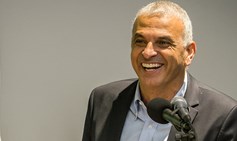
The Constitutional Tug of War in the Outgoing Coalition
Written By: Dr. Amir Fuchs
The 20th Knesset was the most injurious of all with regard to democratic values, freedom of expression, gatekeeping and, above all, minority rights. In the next government we can only hope that someone will champion liberal center-right values to continue to protect our democracy.
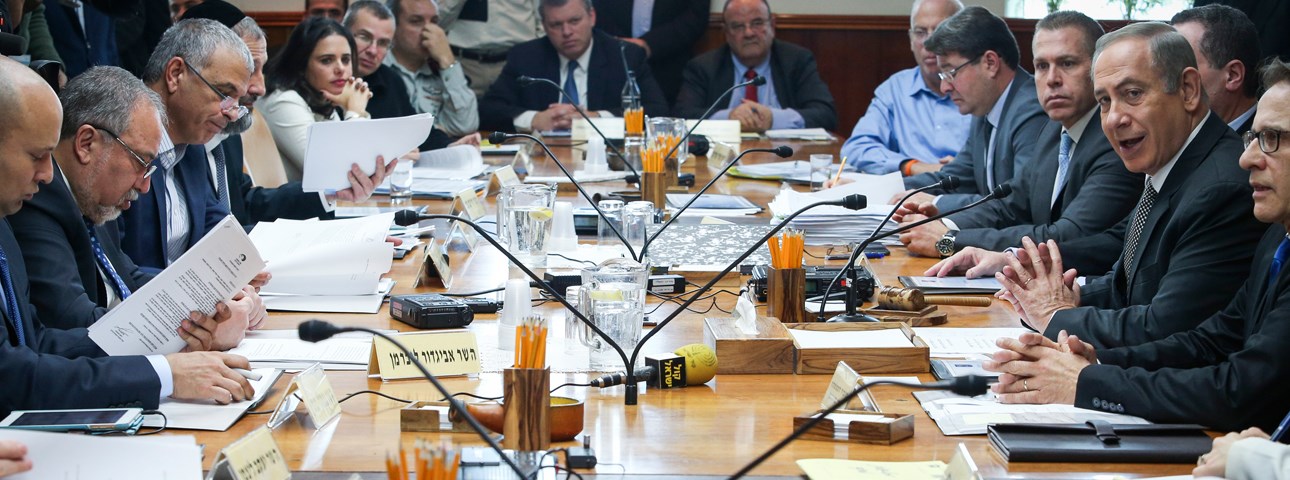
What is the Public’s Opinion on the Override Clause?
A special survey conducted by the Guttman Center for Public Opinion and Policy Research at the
Israel Democracy Institute finds: The majority of the Israeli public fears that implementation of the Override Clause by the Knesset will give unlimited power to politicians and lead to an increase in political corruption
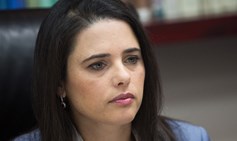
The end of the delegitimization of the Supreme Court
Written By: Prof. Yedidia Z. Stern
“The campaign to remake the Supreme Court has been completed” said Justice Minister Shaked - so now with its new and more conservative profile, there is no longer any justification for the delegitimization of the Supreme Court.

The Admissions Committees Ruling: A Lack of Ripeness or Refusal to Decide?
Written By: Dr. Amir Fuchs
Dr. Amir Fuchs discusses the Israeli High Court of Justice's decision to uphold the "Admissions Committees Law," which allows small communities to reject applicants due to a lack of social suitability.

Mourning for Gazan Children Isn't Left-Wing
Written By: Prof. Mordechai Kremnitzer
IDI Vice President Prof. Mordechai Kremnitzer discusses the High Court of Justice's decision to uphold the Israel Broadcasting Authority's rejection of an infomercial in which the names of Gazan children who were killed in Operation Protective Edge would have been read aloud.

The Tal Law: Judicial Responsibility at its Best
Written By: Prof. Mordechai Kremnitzer
Prof. Mordechai Kremnitzer presents a contrasting view to Prof. Yedidia Stern's assertion that the Israeli Supreme Court's ruling on the exemption of ultra-Orthodox men from military service in Israel is "<a href="http://en.idi.org.il/analysis/articles/judicial-activism-at-its-height">Judicial Activism at its Height</a>."

The Tal Law: Judicial Activism at its Height
Written By: Prof. Yedidia Z. Stern
The Supreme Court's decision to strike down the Tal Law, after 30 years of avoiding the issue of the exemption of ultra-Orthodox Jews from military service, is an expression of judicial activism that illustrates the transformation that the Israeli Supreme Court has undergone in the last generation. In this op-ed, originally published in Hebrew in <em>Makor Rishon</em>, IDI Vice President Prof. Yedidia Stern asserts that the Court went too far in this ruling and that its activism is hard to justify.
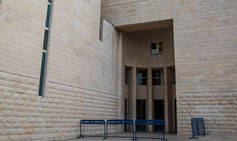
Q&A on the Override Clause
Israel Democracy Institute experts provide research, background and insight into WHY | WHO | HOW

